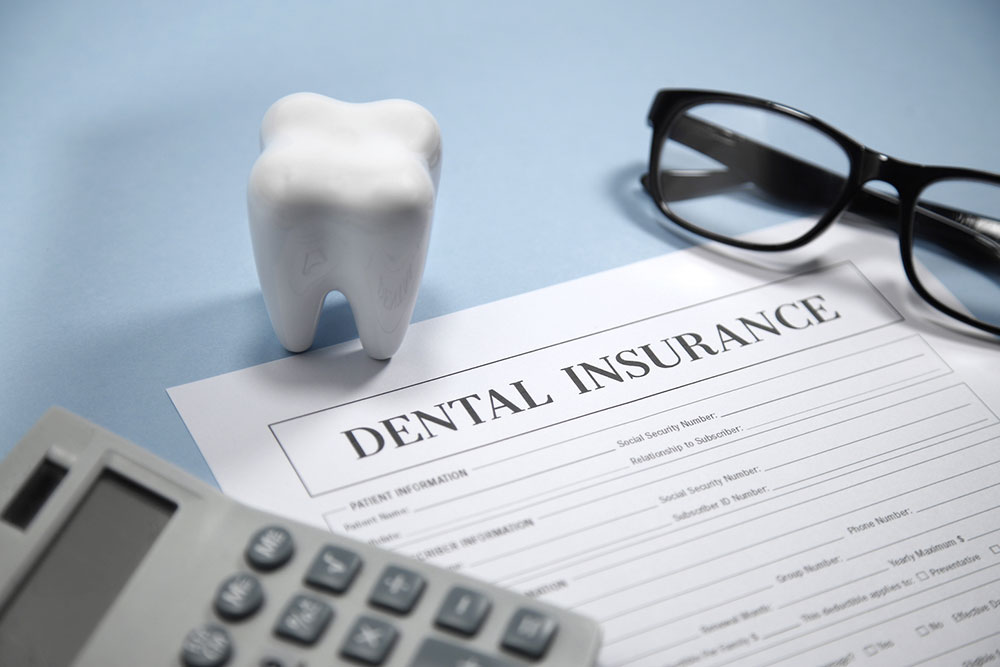Types, benefits, and costs of dental implants

Dental implants represent a breakthrough in modern dentistry, providing a durable and aesthetically pleasing solution for tooth replacement. This concise guide explores the world of dental implants, covering various types, associated costs, and numerous benefits. From enhancing appearance to restoring functionality, dental implants have become a preferred choice for those seeking a long-lasting and effective solution for missing teeth. Here is everything that is needed to know for this procedure.
Types of dental implants
Endosteal implants
These are the most common types of dental implants and involve the surgical placement of small titanium posts directly into the jawbone. Endosteal implants provide a strong foundation for crowns, bridges, or dentures.
Subperiosteal implants
Subperiosteal implants are placed beneath the gum but on or above the jawbone. This type of implant is often used when the patient does not have enough healthy natural bone for traditional implant placement.
Zygomatic implants
Zygomatic implants are an alternative for individuals with significant bone loss in the upper jaw. These implants are anchored in the zygomatic bone (cheekbone) and provide a stable foundation for upper arch restorations.
Mini implants
Mini implants are smaller in diameter than traditional implants and are often used for patients with less bone density or for stabilizing lower dentures.







